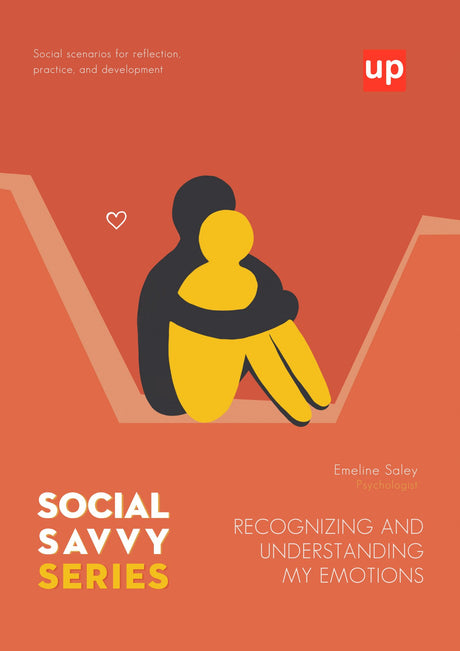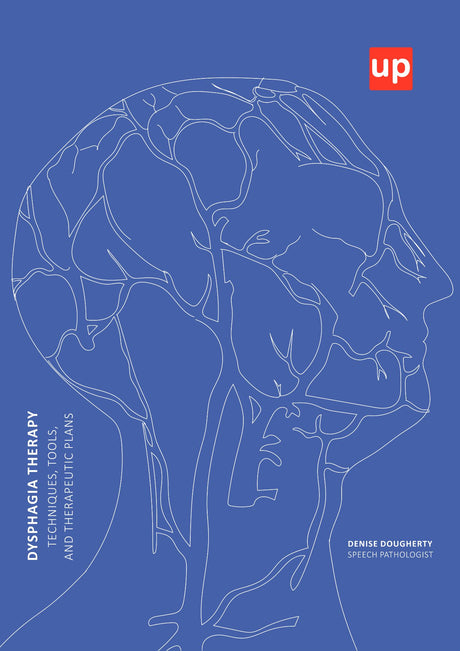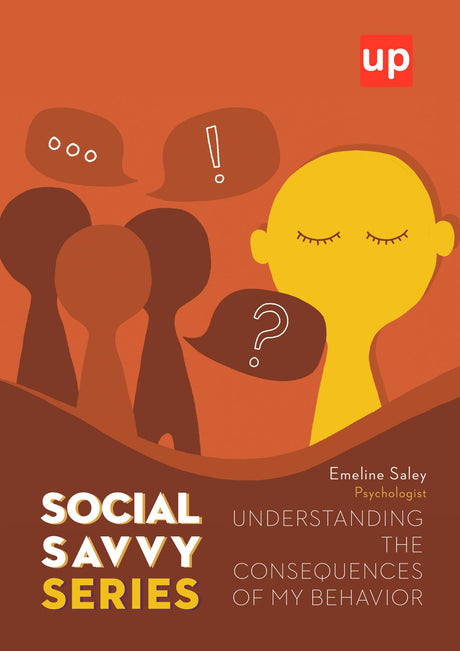In the kaleidoscope of early childhood, it is normal to see a range of behaviours. But when do these behaviours indicate something more serious? When does a child's persistent defiance or emotional outbursts become a sign of a personality disorder? Understanding and identifying personality disorders in early childhood can be a complex process, clouded by misconceptions and stigmas. It is important to separate reality from fantasy to ensure that these children get the help they need. This post aims to shed light on personality disorders in early childhood - understanding them, recognising them and treating them effectively.
Understanding personality disorders
Personality disorder is a type of mental disorder where you have a rigid and unhealthy pattern of thinking, functioning and behaviour. These patterns deviate from social expectations and can lead to significant distress and harm.
Childhood is a critical period for personality development. Personalities are shaped by a variety of factors, including genetics, environment, and personal experiences. The interaction of these factors results in unique patterns of thoughts, emotions, and behaviors that make each child unique. But when these patterns become rigid, disrupted and maladaptive, causing discomfort to the child or those around them, it can mean a personality disorder.
Distinguishing normal developmental behaviors from early signs of personality disorders can be difficult. It is important to remember that children are not tiny adults. Their personalities are still being formed and it is normal for them to exhibit a wide range of emotions and behaviors as they navigate their world. However, if certain patterns persist and interfere with their daily lives, this may be indicative of a personality disorder.
Common personality disorders in early childhood
 Personality disorders are usually diagnosed in adolescence or adulthood, but signs often begin to surface in early childhood. Among the most common in early childhood are Oppositional Defiant Disorder (ODD), Conduct Disorder and Attachment Disorders.
Personality disorders are usually diagnosed in adolescence or adulthood, but signs often begin to surface in early childhood. Among the most common in early childhood are Oppositional Defiant Disorder (ODD), Conduct Disorder and Attachment Disorders.
Children with ODD exhibit a persistent pattern of angry or irritable moods, defiant behavior, and vindictiveness toward authority figures. Conduct Disorder is characterized by a consistent pattern of violating social norms and the rights of others. Children with Attachment Disorder have difficulty forming healthy emotional bonds with caregivers, often due to unstable or abusive early life experiences.
It is important to emphasize that while it is vital to be aware of these disorders, it is equally vital not to hastily label a child based on certain behaviors. Diagnosis should be left to professionals who look at the child's behaviours, environment and experiences as a whole.
Causes and risk factors
There is no single cause for personality disorders in early childhood; they arise from a complex interaction of genetic, environmental and psychological factors.
Genetically, children with a family history of mental health disorders may be more prone to developing personality disorders. However, genes alone do not dictate outcomes. Environment also plays a key role. Children exposed to chronic stress, neglect or abuse are at greater risk.
From a psychological point of view, temperament - a child's innate way of interacting with the world - plays a role. A child with a difficult temperament may have more difficulty with emotional regulation, which puts them at higher risk. In addition, children with poor coping skills may develop maladaptive behaviors in response to stress or trauma.
Impact on the child's life
 Personality disorders can greatly affect a child's life. Emotionally, these children may struggle with issues of self-esteem and identity, feeling isolated or misunderstood. Socially, their behaviours can strain relationships with peers and family. Academically, they may struggle academically due to problems with attention, behaviour or emotional regulation. If not addressed, these issues can spill over into adulthood, affecting mental health, relationships, and even career prospects.
Personality disorders can greatly affect a child's life. Emotionally, these children may struggle with issues of self-esteem and identity, feeling isolated or misunderstood. Socially, their behaviours can strain relationships with peers and family. Academically, they may struggle academically due to problems with attention, behaviour or emotional regulation. If not addressed, these issues can spill over into adulthood, affecting mental health, relationships, and even career prospects.
Recognition and diagnosis
Identifying personality disorders in early childhood involves recognizing early signs and seeking professional evaluation. Some red flags include persistent difficulties in forming relationships, extreme mood swings, ongoing problems at school due to behavioral issues, and inability to conform to social norms.
However, diagnosis is challenging due to the fluid nature of personality development in childhood. It is important for mental health professionals to be careful and thorough in the assessment process, taking into account the child's history, environment and overall development.
Parents and teachers also need to be careful and avoid putting labels on children too quickly. A child's behaviour can sometimes be misinterpreted and labelling can have long-lasting effects on a child's mental health and self-image.
Treatment and management
 Treatment for personality disorders in early childhood is multifaceted. One size does not fit all, and it is often necessary to use a combination of treatment methods to address each child's unique needs.
Treatment for personality disorders in early childhood is multifaceted. One size does not fit all, and it is often necessary to use a combination of treatment methods to address each child's unique needs.
Psychotherapy is often a central component of treatment. Cognitive behavioral therapy (CBT) can help children learn how to manage their thoughts and feelings. Play therapy is particularly useful for younger children as it uses play to help them express themselves and learn coping strategies. Family therapy may also be necessary, helping to address family dynamics that may be contributing to the child's challenges.
In some cases medication may be used, especially if the child is struggling with co-occurring disorders such as ADHD or anxiety. However, medication should be approached with caution and is usually used in conjunction with psychotherapy.
Parental involvement is vital. Educating parents about the child's disorder, teaching effective communication strategies and involving them in treatment can be beneficial.
Support groups and community resources can also play a vital role in providing parents and children with a support network.
Schools and teachers should be equipped with strategies to support these children in the classroom, such as individualized education plans and accommodations.
Tips for parents and carers
For parents and caregivers, understanding and accepting a child's personality disorder are the first steps. Here are some tips that can help:
- Educate yourself: Learn as much as you can about the child's disorder.
- Get as much information as you can about the child's disorder as much as possible: Develop open lines of communication with your child.
- Create a stable environment: children with personality disorders need routine and consistency.
- Work with professionals: Work closely with therapists, doctors and teachers.
- Promote social skills and resilience: Encourage the child to participate in social activities and teach coping skills.
Prevention and early intervention

Prevention and early intervention can be crucial for the management of personality disorders in early childhood. Although not all personality disorders can be prevented, creating a stable, loving environment for children can significantly reduce the risks.
Promoting healthy personality development includes encouraging secure attachment with caregivers, teaching children coping skills, and promoting social engagement.
Early intervention programs that focus on social and emotional development can be particularly beneficial. These programmes can help identify problems early and provide children and families with the support needed to address them.
Conclusion
In the sensitive and dynamic landscape of early childhood, identifying and treating personality disorders is as much an art as it is a science. With a combination of education, awareness, and compassionate intervention, we can create environments that encourage the well-being of children with personality disorders. The impact of early identification and support cannot be underestimated. It is a pathway not only to managing a disorder, but to empowering a child with the tools and support they need to navigate the complexities of life with resilience and hope.
Original content from the Upbility writing team. Reproduction of this article, in whole or in part, without credit to the publisher is prohibited.












